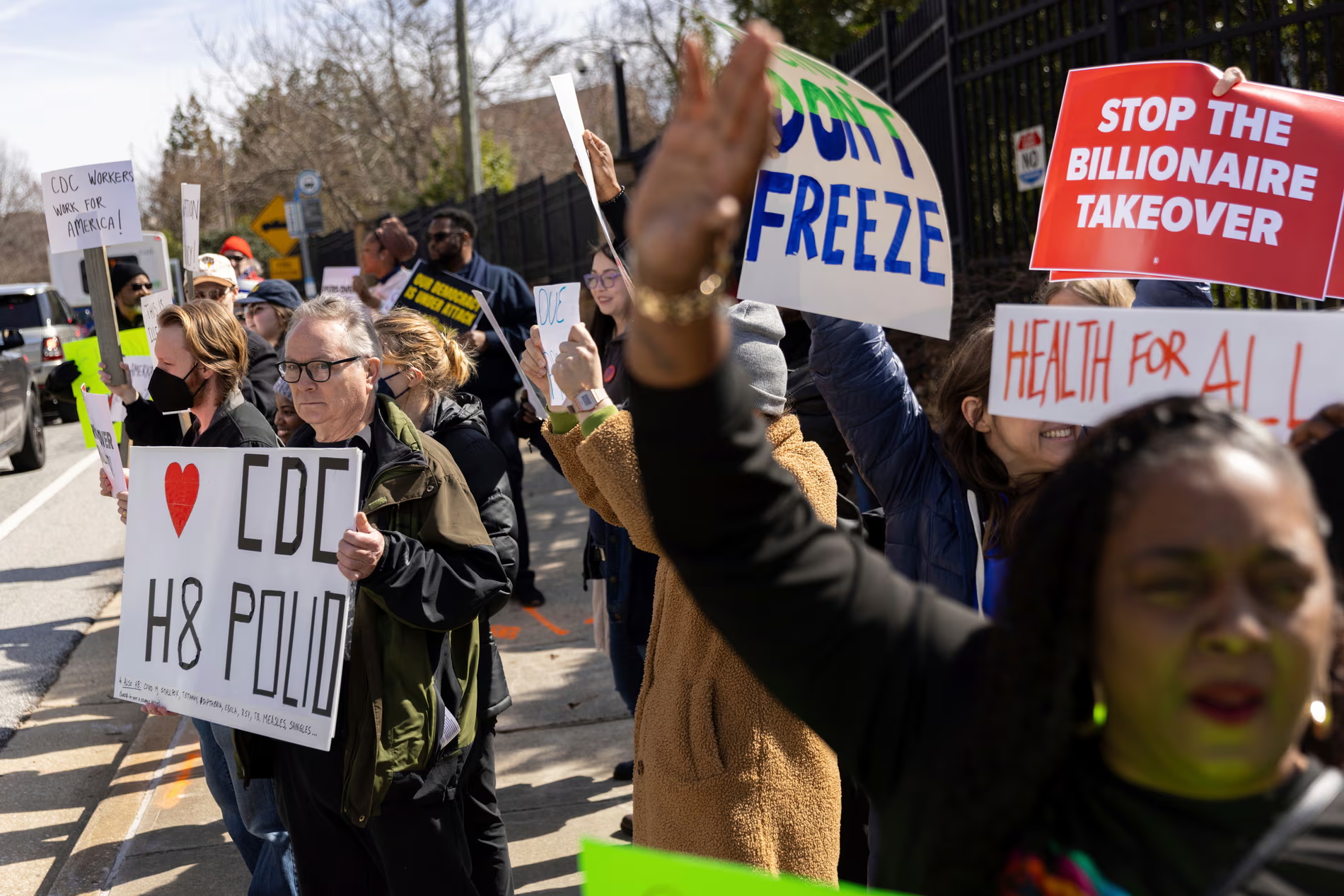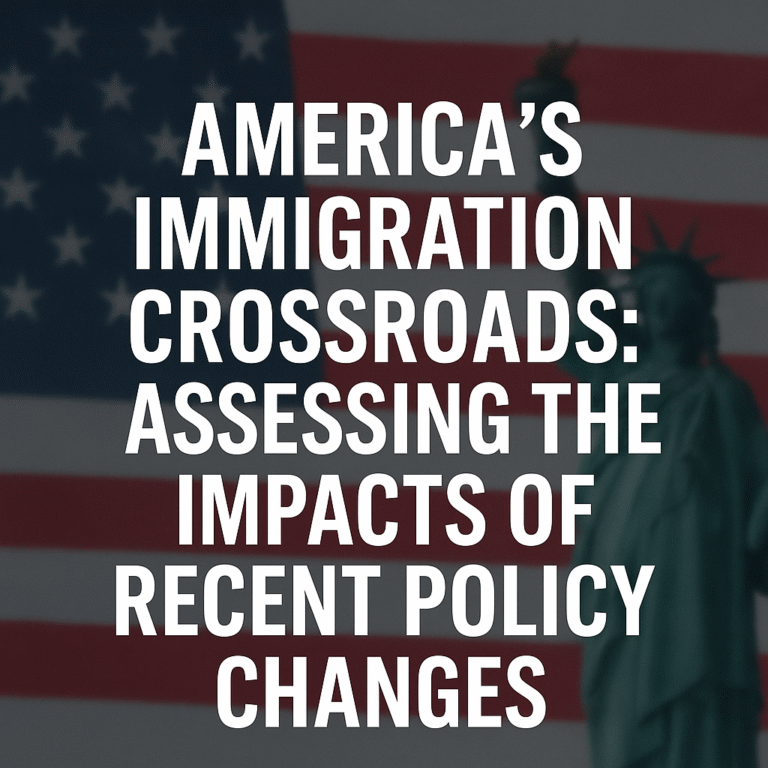
Demonstrators protest Centers for Disease Control and Prevention (CDC) layoffs in front of the CDC headquarters in Atlanta on Tuesday, Feb. 18, 2025. (Arvin Temkar/Atlanta Journal-Constitution via AP) Photograph: Arvin Temkar/AP
In the first month of President Donald Trump’s second term, a series of rapid policy decisions have raised concerns about the long-term implications for American society. From significant federal workforce reductions to proposed cuts in social welfare programs, these actions prompt a critical examination of their potential effects on the nation’s future.
Federal Workforce Reductions and Their Implications
One of the administration’s immediate moves was the substantial downsizing of the federal workforce. Notably, health agencies such as the Centers for Disease Control and Prevention (CDC) experienced mass layoffs, with employees reporting abrupt terminations and a lack of clarity regarding their benefits. These actions have not only disrupted the lives of dedicated public servants but also raised concerns about the nation’s preparedness for health crises. The sudden loss of experienced personnel may lead to increased stress, depression, and anxiety among the affected workers, exacerbating the nation’s mental health challenges.
Proposed Cuts to Social Welfare Programs
The administration has also signaled intentions to reduce funding for essential social welfare programs. Conflicting messages regarding Medicaid have emerged, with President Trump endorsing a House budget that includes significant cuts to the program, despite earlier assurances of its preservation. Such reductions could jeopardize healthcare access for millions of low-income Americans, including seniors, the disabled, and the poor, potentially destabilizing their already fragile financial situations.
Long-Term Consequences
The immediate effects of these policies are evident, but the long-term ramifications warrant serious consideration:
- Erosion of Public Trust: The dismantling of agencies like the U.S. Agency for International Development (USAID) reflects a shift away from collaborative global efforts, potentially diminishing America’s influence and moral leadership on the world stage. theatlantic.com
- Economic Disparities: Reductions in social welfare programs may widen the gap between the affluent and the disadvantaged, leading to increased poverty rates and social unrest.
- Mental Health Crisis: The stress and uncertainty resulting from job losses and reduced social support can contribute to a national mental health crisis, with long-term societal and economic costs.
A Call to Reflect
As the nation observes these developments, it is imperative to reflect on the trajectory set by the current administration. The consolidation of power, coupled with policies that marginalize vulnerable populations, raises questions about the preservation of democratic principles and the potential drift toward authoritarianism. The decisions made today will indelibly shape America’s social, economic, and political landscape for decades to come.
In conclusion, the initial actions of President Trump’s second term serve as a critical juncture for the nation. It is essential to engage in informed discourse, advocate for the protection of democratic institutions, and consider the long-term impacts of policies on all segments of society to ensure a resilient and equitable future for America.
Recent Developments in Federal Workforce and Social Programs
‘I feel betrayed’: federal health workers fired by Trump tell of ‘nightmare’

politico.comTrump blindsides staff, Congress with conflicting Medicaid messagesYesterdaytheatlantic.comThe Trump World OrderToday
Sources





